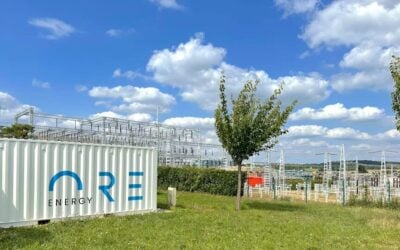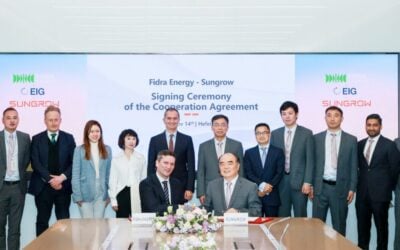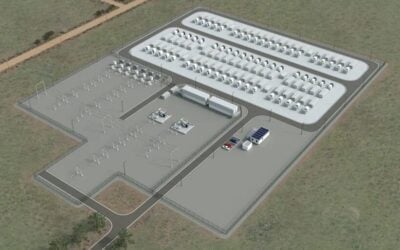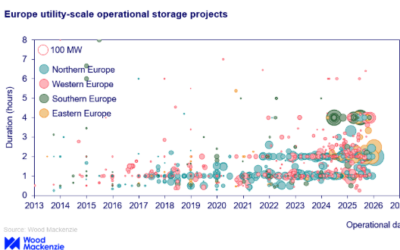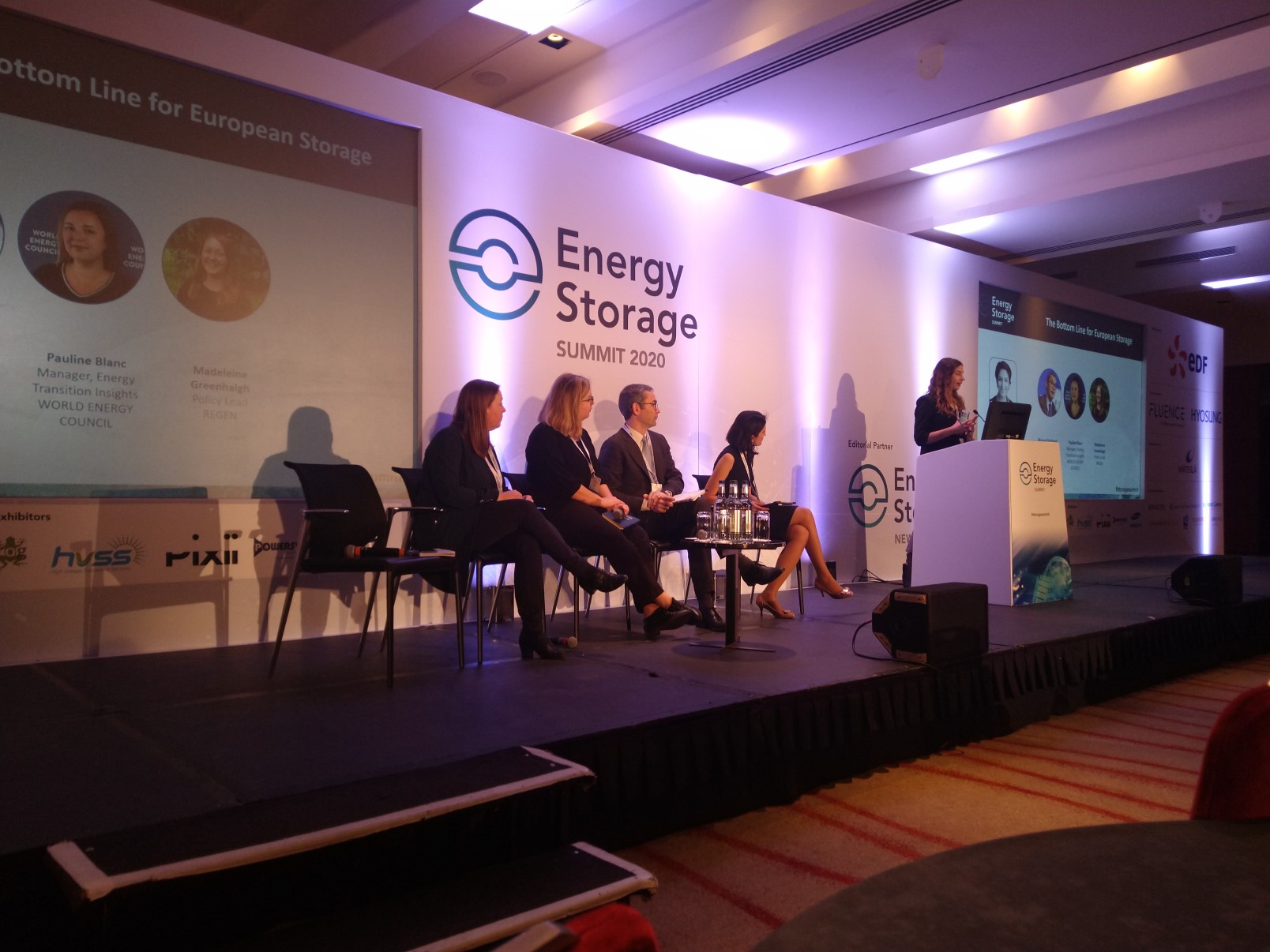
The UK energy storage is currently “in limbo” despite improvements to regulation made in recent years, an expert panel gathered in London heard last week.
Madeleine Greenhalgh, policy lead at Regen, a non-profit organisation offering services to promote renewable and low carbon generation and also runs the Electricity Storage Network trade group in the UK, told audiences gathered at Energy-Storage.news publisher Solar Media’s Energy Storage Summit that classification remains a “big issue” for storage.
Whether energy storage is classified as a subset of generation or receives its own classification has been a much-discussed topic in recent times. A formal definition of the technology was created by the Electricity Storage Network (ESN), a definition which regulator Ofgem then consulted on in June 2019 , outlining its plans to classify storage as a subset of generation.
This would end the contraversial ‘double charging’ of energy storage, whereby it is charged both as a demand customer for its imports and as a generator for its exports. Double charging is also applicable in continental Europe and similar views have been heard at events there.
Try Premium for just $1
- Full premium access for the first month at only $1
- Converts to an annual rate after 30 days unless cancelled
- Cancel anytime during the trial period
Premium Benefits
- Expert industry analysis and interviews
- Digital access to PV Tech Power journal
- Exclusive event discounts
Or get the full Premium subscription right away
Or continue reading this article for free
Whilst a definition does exist, how the rules and regulations apply to that definition isn’t something that yet exists, Greehalgh explained, leaving the industry in “limbo”.
The industry itself is classifying storage as a subset of generation almost “by default”, and Regen itself is “on the fence” as to whether it should be classified as a subset or given its own classification.
Advantages to being a subset would include being able to work in a framework the industry is already familiar with that has well-established rules, with the industry understanding how storage can fit into those.
A separate license for storage, conversely, raises “interesting questions” Greenhalgh continued, such as if it would help to create a framework that would allow the technology to flourish and if the markets could be shaped in a “better way”.
The markets mechanisms are currently favouring fossil fuels, with the carbon price too low, Greenhalgh said, adding that the markets are also not fully set up to enable long duration and seasonal energy storage.
Whilst current market structures could enable durations of 4 hours plus – although this would require tweaks – Greenhalgh said, there isn’t a market mechanism that would enable seasonal storage right now. Government could play a role in enacting the required adjustments through policy, the Regen speaker said.
Fellow panellist Pauline Blanc, manager of Energy Transition Insights at the World Energy Council, said the Council is seeing a lot of new technologies, with a large amount of innovation when it came to seasonal long duration energy storage.
Hydrogen was suggested as a possible solution to seasonality by Blanc, although the question remained as to how to enable it as storage solution. The World Energy Council sees it as a “key player” in the energy transition, Blanc said, although she added hydrogen needs to be looked at with a holistic approach due to its use in many different sectors.
Manuel Baritaud, senior economist of the energy department at the European Investment Bank, agreed that hydrogen will be part of the solution for seasonality, although he added the caveat that it will only have a role to play after 2030.


